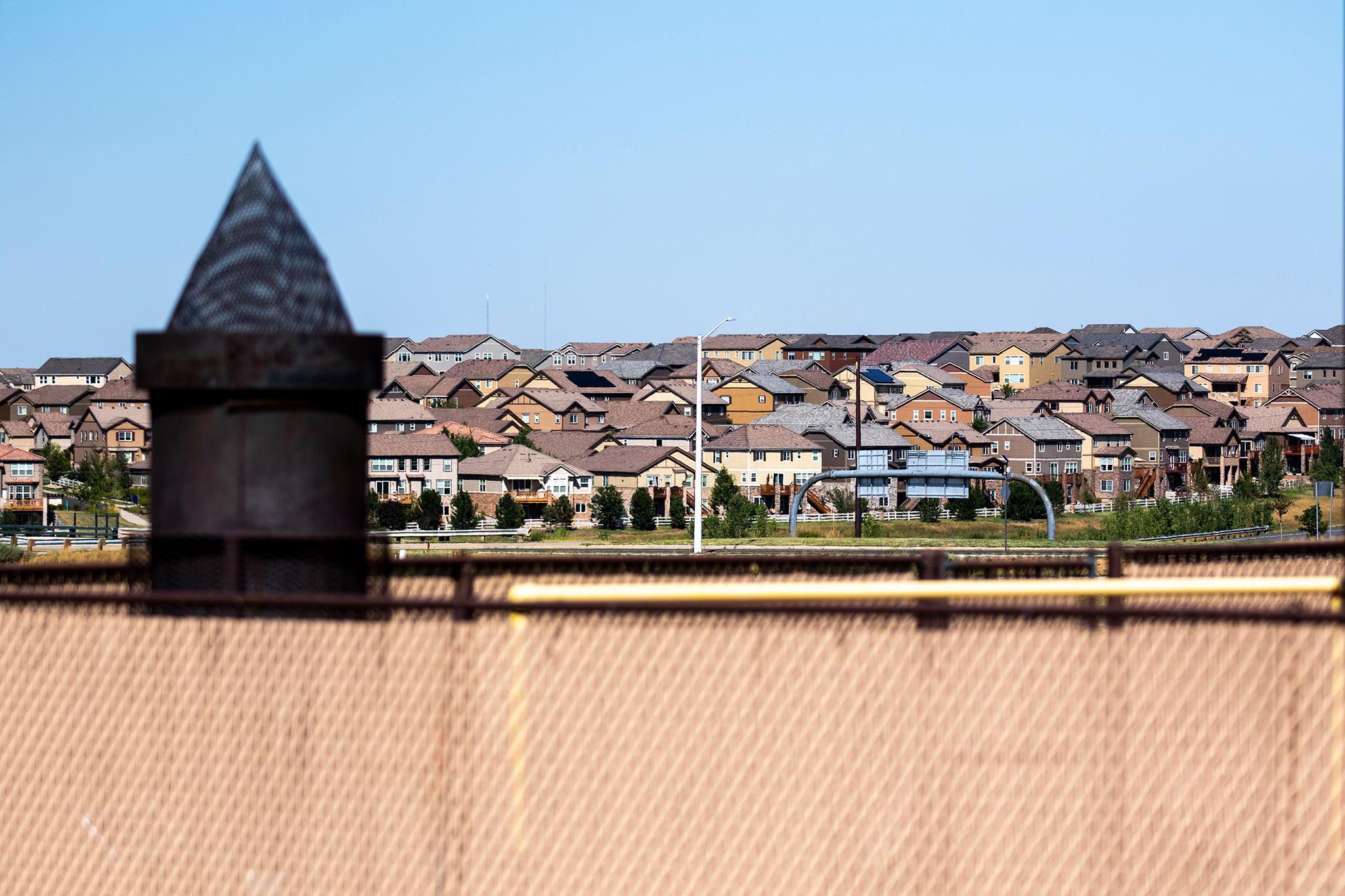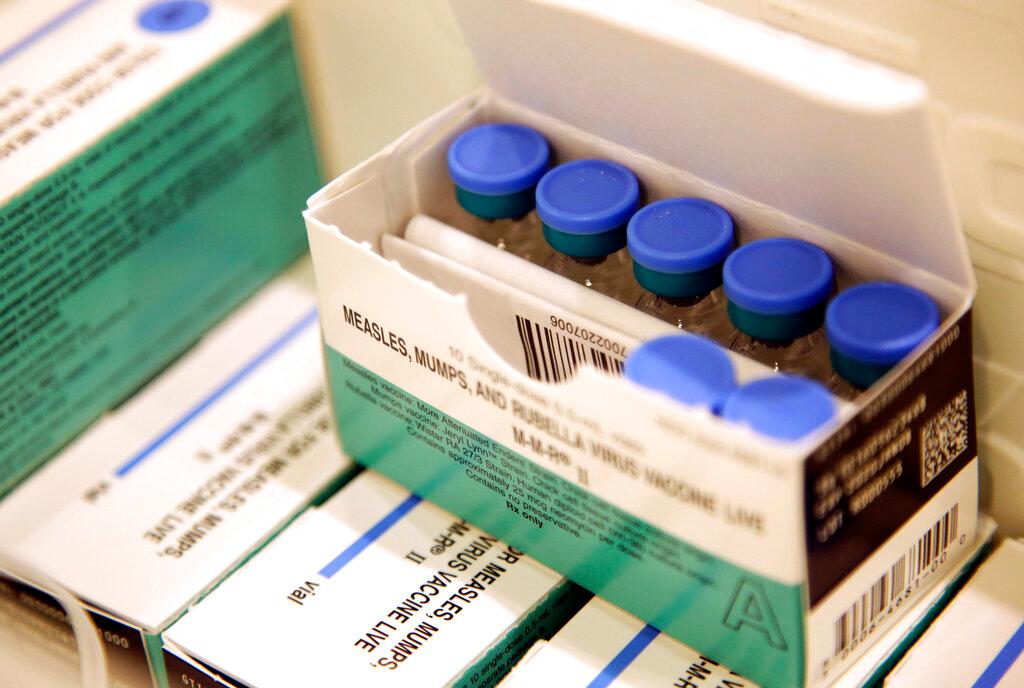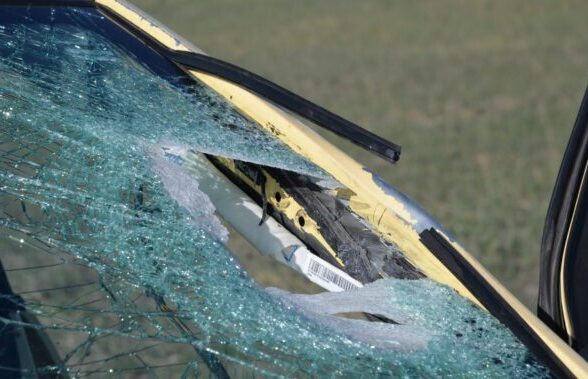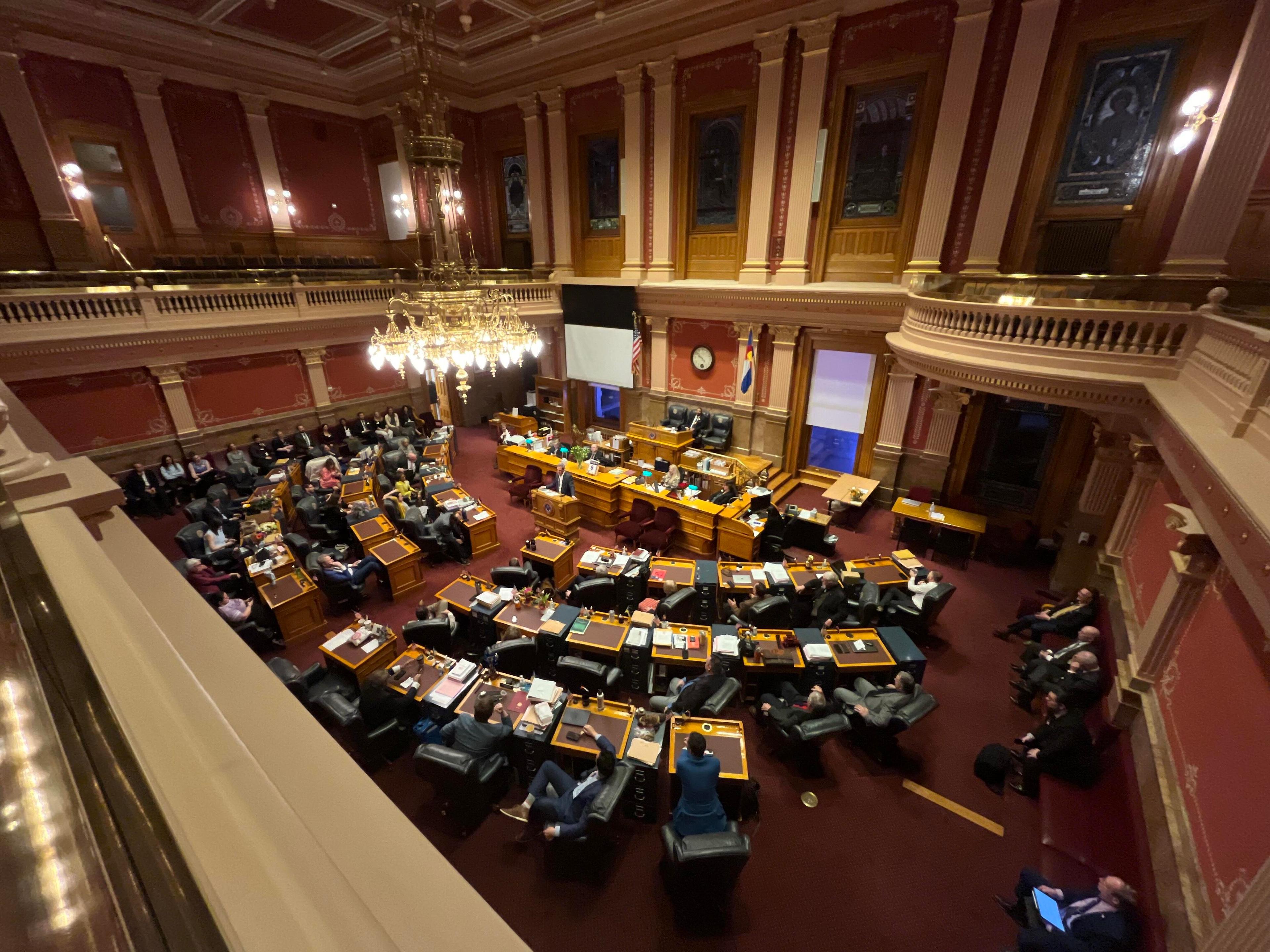
A plan to press pause on all new oil and gas permits in Colorado has hit a road bump.
Earlier this month, Colorado Rising, the state’s leading anti-fracking group, filed legal action on behalf of a community group in Broomfield fighting the expansion of a controversial drilling pad. The lawsuit claimed Colorado oil and gas regulators couldn’t make decisions about that permit — or any other — until they finished rewriting rules for the industry.
The Colorado legislature ordered the regulatory overhaul when it passed Senate Bill 19-181 earlier this year. In its legal complaint, Colorado Rising argued the Colorado Oil And Gas Conservation Commission couldn’t approve new permits until it finished implementing the legislation. The process is expected to take up much of next year.
But, on Wednesday, Extraction Oil and Gas withdrew the permit application in question.
While the withdrawal could imperil Colorado Rising’s larger legal strategy, Joe Salazar, the lead attorney for the organization, said it amounts to a rare victory for residents fighting oil and gas development in Colorado.
“This is quite significant and I’m hoping this will be one of many wins,” he said.
In a statement, a spokesman for Extraction said the decision to withdraw the permit didn’t have anything to do with the pending legal case.
“Out of the 84 wells we have the approval to drill in Broomfield, as well as several dozen outside of Broomfield city limits that are associated with this program, we made the operational decision to hold on only one of those 84 wells, as the timing ... does not fit with our current drill schedule,” he wrote.
Extraction had sought an 880-acre spacing unit for an additional well at the Livingston Pad in Broomfield. The site, which now hosts a highly visible drilling rig, has doubled as a lightning rod for criticism from nearby residents.
The Wildgrass Oil and Gas Committee, a community organization in Broomfield, initially objected to the permit application. Committee Board Member Lizzie Lario said her organization moved the fight to the courts because it couldn’t trust Colorado oil and gas regulators.
"We have been consistently told that although the rules and regulations probably were not designed to apply to residential drilling projects, these are the rules and regulations right now,” she said in a Colorado Rising statement. “So the COGCC just clicks, rubber stamps, and approves permits.”
The decision to withdraw the permit will likely lead the Denver District Court to consider whether the case is moot. In response, Colorado Rising plans to argue the case should stay alive because the underlying question hasn't been answered: should Colorado be issuing oil and gas permits at all?
“Our action is against mostly the COGCC and the way that they are applying the rules,” Salazar said.









